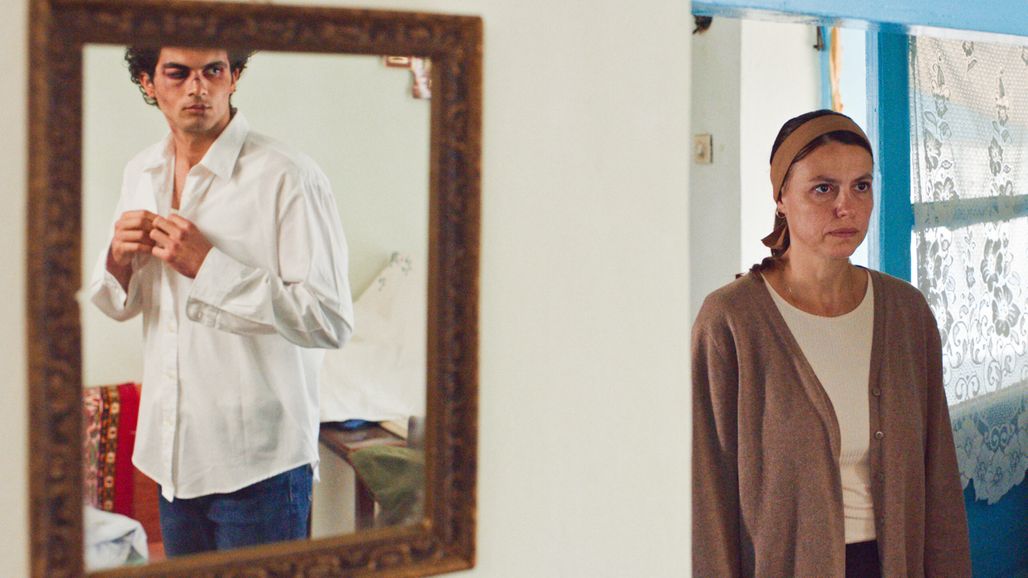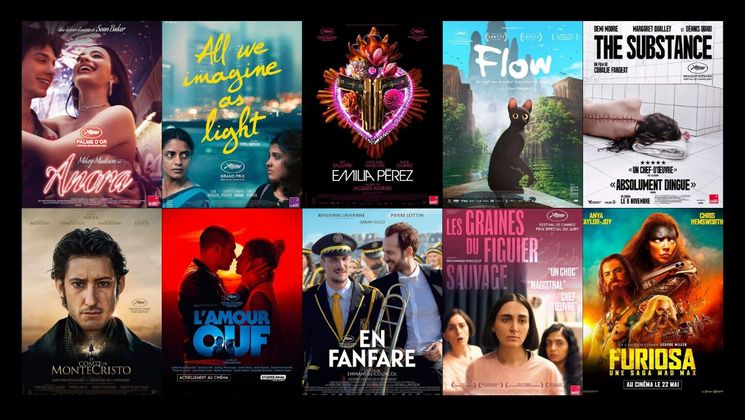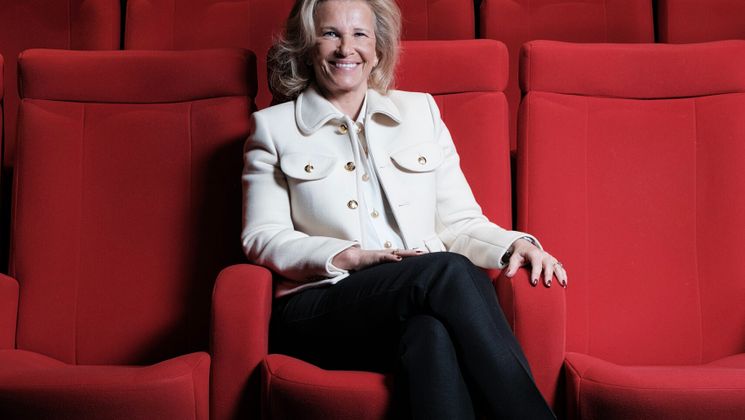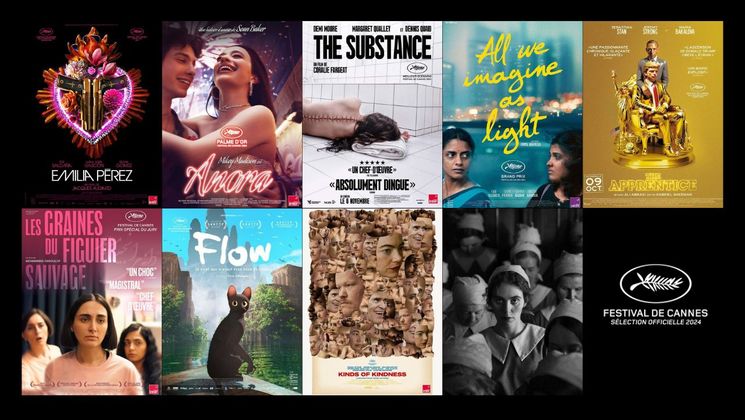
Interview with Emanuel Parvu for Three Kilometers to the End of the World

Romanian director Emanuel Parvu makes his Competition debut with Trei Kilometri Pana La Capatul Lumii (Three Kilometers to the End of the World). It takes us to an isolated village in the Danube delta, where 17-year-old Adi suffers an attack that shatters the community and turns his family upside down.
What inspired you to create Adi’s character and story?
Lots of things combined, actually. The film investigates a subject I am currently interested in – (un)conditional love. I dreamt up a scenario (with my co-writer Miruna Berescu) where I debate this using a news story, dated about ten years ago, about a girl who was raped by seven guys in a forgotten Romanian village and the whole community turned against her, paired up with our double perspective as children (of our parents) and parents (of our children). Reflections on society are present in all our films, debating the system not by taking a general view, but by drawing on particular cases.
When you make a film, what are you interested in when it comes to family affairs?
In our opinion, the love between a parent and child is the most powerful form of love, and it is supposed to be unconditional. When that type of love becomes conditional due to all sorts of inner events, we think it becomes something worth discussing.
What interested you in this story about isolation in a small community?
We are interested in how society reacts to things happening around us. We made movies about children from orphanages, we made films about children that are not allowed to decide for themselves. It’s important for us to investigate how our society reacts to unfairness, and we are interested in this critique on obtuse ways of thinking, in films that can raise macro questions through micro universes. We don’t want to be separated from the audience, we don’t want to show things from a one-sided perspective, but rather offer a visual experience that offers many more moral perspectives than a black-and-white picture.
Can you tell us about your film location, in the Danube Delta?
We shot in two villages in the Danube Delta, Sfântu Gheorghe and Dunavăț. We wanted an idyllic location, a remote, isolated place that cannot be easily reached, but at the same time, to have somewhere that turns cosmopolitan during the summer, with tourists visiting, connecting urban habits with rural traditions.
What would you like people to take away from your film?
That it is only through love and understanding that we can make our society a better place for future generations. Only through dialogue, only if we try to understand others’ perspectives, can we expand our ways of thinking and be inclusive to anyone who might feel like a minority (regardless of skin colour, race, religion, gender, or anything else).


